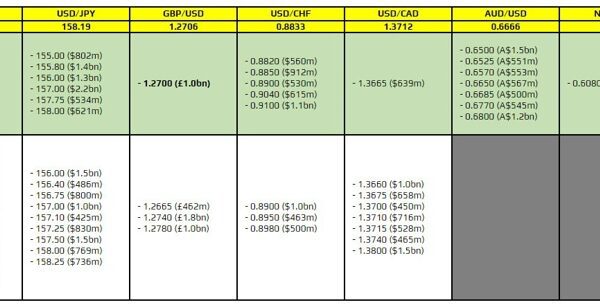

The proportion of British people who use generative AI at work has increased by 66% in only a year, according to the annual Deloitte Digital Consumer Trends Survey, released Thursday.
It’s from a low base, admittedly—only 14% of the 4,150 people who took part in the representative survey—but the pace of the increase supports the narrative that GenAI is set to have profound effects on how people work.
Notably, of the seven million British workers that Deloitte extrapolates have used GenAI at work, only 27% reported that their employer officially encouraged this behavior.
Why this is a problem
While an increasing number of businesses are adopting a strategic approach to GenAI, there are various reasons that others may not be directly encouraging employees to use it.
They may have carefully assessed the use cases and decided the rewards don’t currently justify the risks or the costs. They may not understand what the potential benefits to their business might be. Or they may not have given it much thought yet.
In any case, it would be concerning for most CEOs to find that adoption of one of the most significant technologies of recent decades in their own business was being done without their strategic direction, encouragement or, worse, knowledge.
Firstly, if employees are able to boost productivity or output with GenAI, then presumably the company could do so too, only at a bigger scale, making it a missed opportunity.
Secondly, employee use of GenAI carries risks, and if it’s not being managed or at least monitored, then the business may be exposed without realizing it.
Indeed, that seems relatively likely, give that among the 36% of the wider U.K. population between the ages of 16 and 75 that use the technology, over a third believed it was always factually accurate and unbiased—despite widely publicized problems with hallucinations, and race and gender bias.
Who is using GenAI at work and what are they using it for?
Although Deloitte doesn’t break down the at-work usage by age and gender, it does reveal patterns among the wider population. Over 60% of people aged 16-34 (broadly, Gen Z and younger millennials) have used GenAI, compared with only 14% of those between 55 and 75 (older Gen Xers and Baby Boomers).
Men were also more likely to report using the technologies than women, at 43% and 28% respectively.
The main reasons given to use generative AI products were to generate ideas, search for information, create written content and emails, and summarize text.
Rather unsurprisingly, the survey found that the people who used the technology more tended to be happier with it. That’s all very well, but if it’s for their jobs, then businesses have a deep interest in making sure they’re happy with it too.















